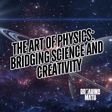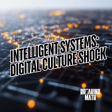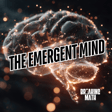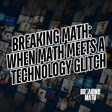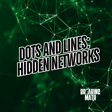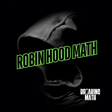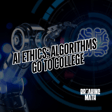
What is Cryptography?
This conversation delves into the intersection of quantum computing and cryptography, focusing on the implications of quantum computers for current encryption methods and the necessity for post-quantum cryptography. Dr. Dustin Moody from NIST discusses the threats posed by quantum computing, particularly through Shor's algorithm, and the ongoing efforts to develop new cryptographic standards that can withstand these threats. The discussion also covers the role of NIST in standardizing post-quantum algorithms, the mathematical challenges involved, and the importance of preparing businesses for the transition to these new systems.
All opinions are of the individual scientist and do not reflect the opinions of NIST or the federal Government.
Takeaways
- Quantum computers harness principles of quantum physics for computation.
- Shor's algorithm can efficiently factor large numbers, threatening RSA encryption.
- Post-quantum cryptography aims to develop algorithms resistant to quantum attacks.
- NIST is leading the effort to standardize post-quantum cryptographic algorithms.
- Lattice-based algorithms are promising for post-quantum cryptography due to their efficiency.
- Businesses must be proactive in transitioning to post-quantum cryptography.
- The Harvest Now, Decrypt Later threat highlights the urgency of transitioning.
- Quantum key distribution offers theoretically perfect security.
- Different cryptographic algorithms are needed for various applications and devices.
- The future of cryptography will rely on new mathematical challenges to ensure security.
Keywords
quantum computing, cryptography, post-quantum cryptography, NIST, cybersecurity, Shor's algorithm, digital signatures, lattice-based algorithms, encryption, quantum threats
Subscribe to Breaking Math wherever you get your podcasts.
Become a patron of Breaking Math for as little as a buck a month
Follow Breaking Math on Twitter, Instagram, LinkedIn, Website, YouTube, TikTok
Follow Autumn on Twitter and Instagram
Become a guest here
email: breakingmathpodcast@gmail.com


